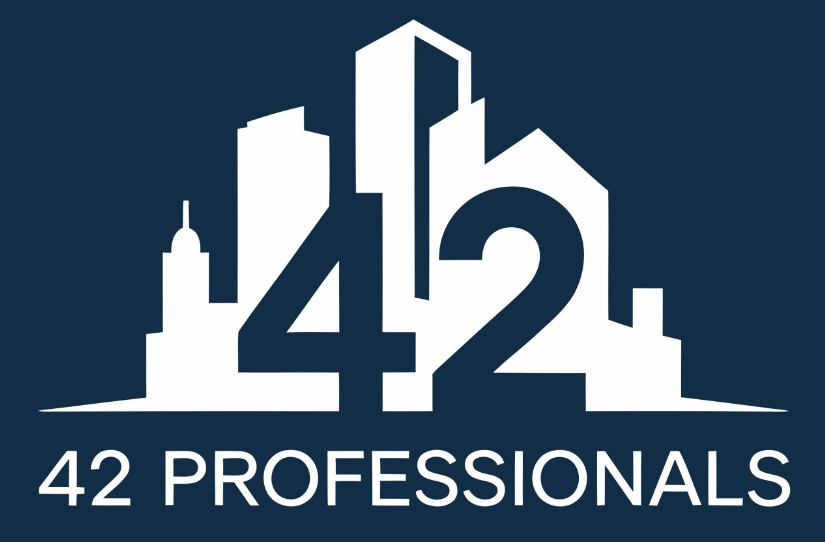Electrician

Description
An electrician in Germany is responsible for installing, maintaining, and repairing electrical systems in residential, commercial, and industrial settings. Their tasks include wiring buildings, setting up lighting systems, inspecting electrical components, and ensuring compliance with German safety regulations. Electricians often work on-site, either independently or as part of a team, using various tools and technical drawings. In industrial environments, they may also handle complex machinery and automated systems. A completed vocational training (Ausbildung) as an electrician is usually required, and knowledge of German is essential for reading documentation and following safety protocols.
REQUIREMENTS
Vocational Training (Ausbildung): Typically a 3 to 3.5-year program in electrical engineering or a related field.
Technical Knowledge: Understanding of electrical systems, circuits, safety devices, and building installations.
German Language Skills: At least B1 level German proficiency is usually required.
Safety Awareness: Strong knowledge of German electrical safety regulations (DIN standards, VDE rules).
Problem-Solving Skills: Ability to detect and fix electrical issues quickly and efficiently.
Physical Fitness: Good health and mobility for on-site work, sometimes at heights or in tight spaces.
Tool Handling: Skilled in using hand tools, power tools, and testing equipment.
Reading Schematics: Ability to read and understand wiring diagrams and blueprints.
Attention to Detail: Careful handling of electrical components and strict adherence to standards.
Flexibility: Willingness to work shifts or be on-call for urgent repairs, depending on the job role.
